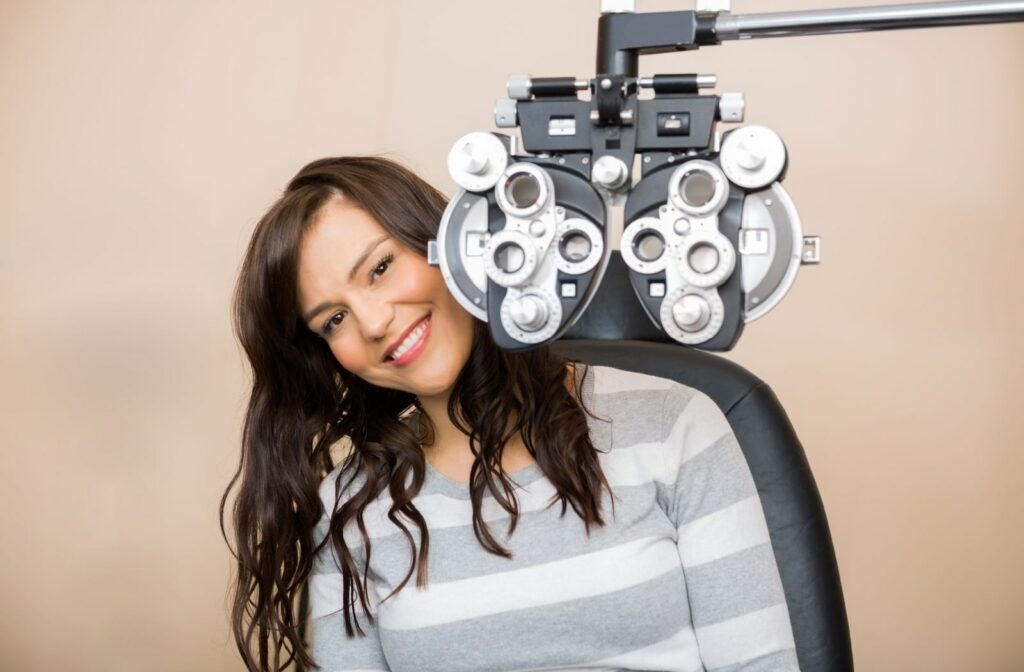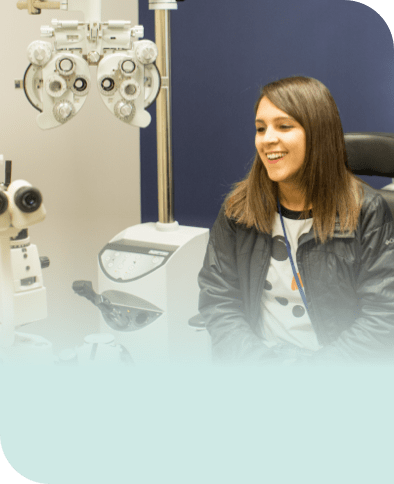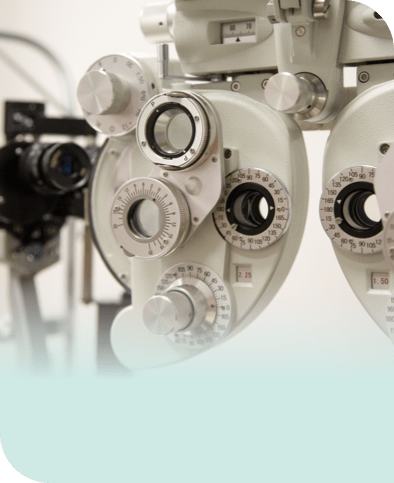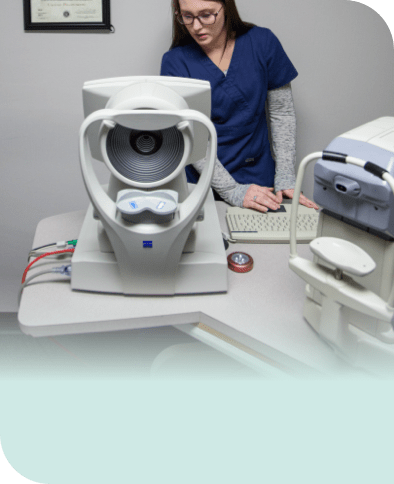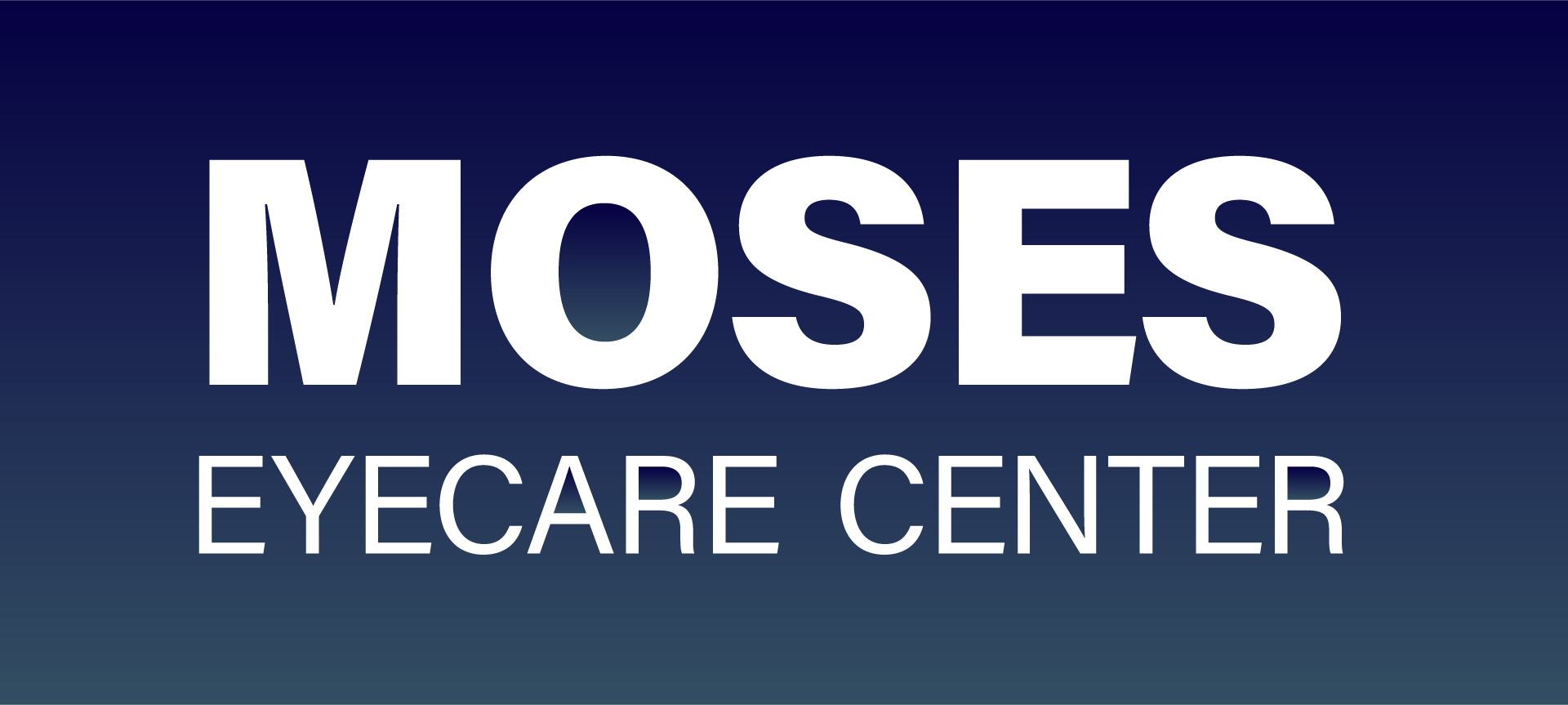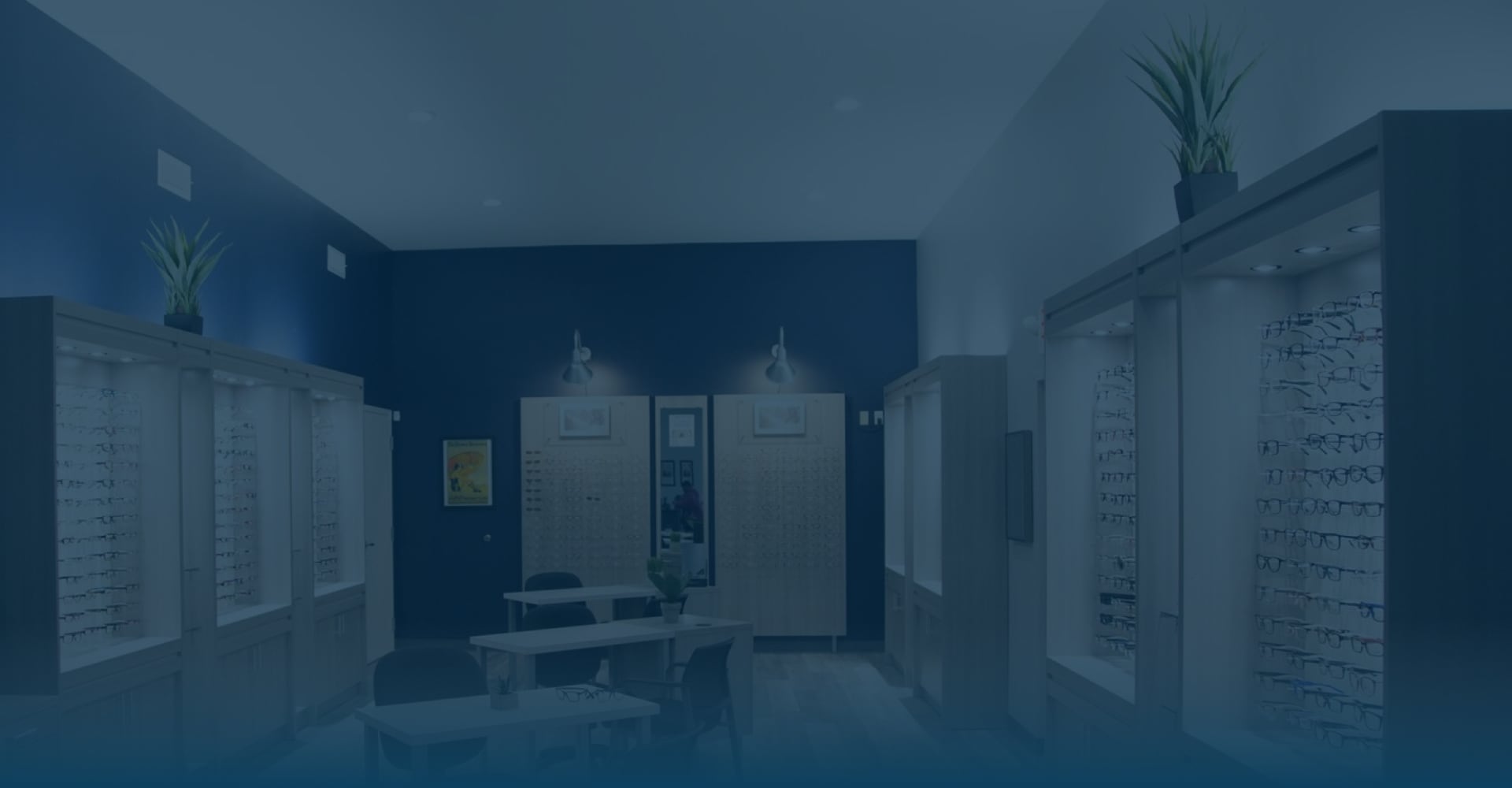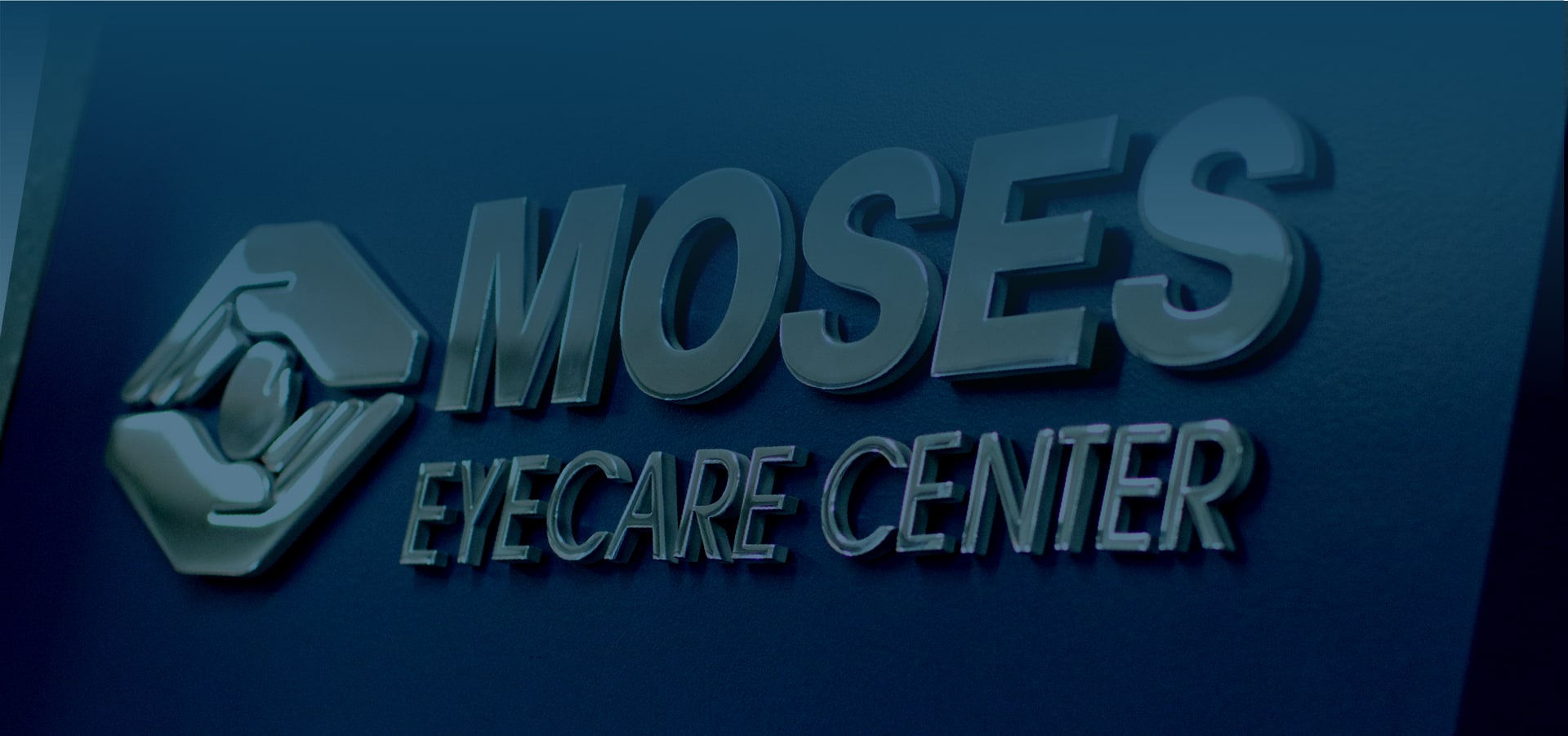Regular eye exams are one of the most crucial steps to properly taking care of your eyes. During your exam, your optometrist can check your prescription, whether or not you’re at risk of certain eye conditions and diseases, and the overall health of your eyes. But there is also a financial concern when getting an eye exam—especially for those relying on Medicaid.
In Indiana, there are several categories of Medicaid, and the majority cover routine eye care as well as medical eye care. Being enrolled in the Medicaid program may also entitle you to benefits for eyeglasses. It is important to note that your benefits through Medicaid may also cover medical visits for diseases like glaucoma, macular degeneration, dry eye, and emergency care. Talk to your doctor to learn more about your coverage.
When thinking of an eye exam, most people picture the standard chart on the wall and reading some letters to your optometrist. But this is just one small part of the exam.
Eye exams aren’t just about checking your vision. They’re about giving a trained eye care professional the time to thoroughly examine your eyes. They’re checking more than a prescription; they’re also looking for problems like:
- Glaucoma
- Macular degeneration
- Cataracts
- Diabetes
- High blood pressure
- Thyroid problems
Through a series of tests, your optometrist can determine how healthy your eyes are, and whether you’re at risk of underlying conditions. However, many people are worried about the financial side of things; and for those on Medicaid, you may be wondering if the exam is covered or not.
The Basics of Medicaid
Medicaid is a health insurance program funded jointly by the federal government and states. It’s designed specifically to provide medical coverage to lower-income families and individuals. The requirements to qualify for Medicaid can vary from state to state, and the coverage is based on your family size.
In Indiana, this program is available for the following (with some restrictions; income value varies depending on the size of the family):
- Pregnant individuals with a monthly household income of less than roughly $6,500
- Children up to 18 years of age, with a monthly household income of less than roughly $7,600
- Adults in a low-income household, with a monthly household income of less than roughly $4,000
- Adults living with disabilities, with a monthly household income of less than roughly $3,000
- Individuals with special medical or developmental needs
It’s important to note that eligibility for Medicaid may vary. Owning additional private medical insurance, a person’s age, and individual medical status can all affect whether or not you qualify for this program.
What Does Medicaid Cover?
In Indiana, Medicaid coverage includes various medical services. These typically include, but are not limited to, the following:
- Hospital care, including inpatient and outpatient services, for sudden injuries or illnesses
- Regular doctor visits and medical examinations
- Mental and behavioral health services
- Maternity care (to some extent)
- Preventative care, such as screenings and immunizations
- Prescription medication (to some extent)
Medicaid’s goal is simple. It’s designed to ensure that recipients have access to a wide comprehensive range of medical support to promote physical and mental health to those who otherwise may have to go without.
Does Medicaid Cover Eye Care?
When it comes to eye care, Medicaid becomes a little more complicated.
In Indiana, eye care benefits vary according to your plan. For many individuals, the coverage looks something like the following:
For individuals under the age of 20:
- 1 routine comprehensive eye exam per year
- 1 pair of eyeglasses after said exam if your prescription has changed, or if recommended by your doctor
For individuals over the age of 21:
- 1 routine comprehensive eye exam every 2 years
- 1 pair of eyeglasses after said exam if your prescription has changed
- 1 pair of eyeglasses every 2 years if your prescription does not change. The time of eligibility does depend on which state plan you have.
Additionally, some plans cover:
- Replacement glasses for lost, damaged, or stolen frames, as recommended by a doctor
- Contact lenses, but only if you have a medical reason as to why you cannot wear glasses, as recommended by a doctor
- Medically-necessary eye tests
- Treatment for eye conditions and any disease that affects the eyes
- Eye surgery, if deemed medically necessary
- Eye training therapy, if deemed medically necessary
These benefits may vary depending on your individual plan.
Book Your Next Eye Exam in Northwest Indiana
At Moses Eyecare Center, we know how important regular eye exams are, and we believe they should be accessible to everyone. They’re about more than just clear vision—they’re about monitoring any changes or problems and addressing them quickly to keep your eyes healthy.Whether you’re on Medicaid, have private insurance, or plan to pay out-of-pocket, our team is here for you. Book an appointment with us today, and let’s work together to keep your eyes, and vision, strong!


